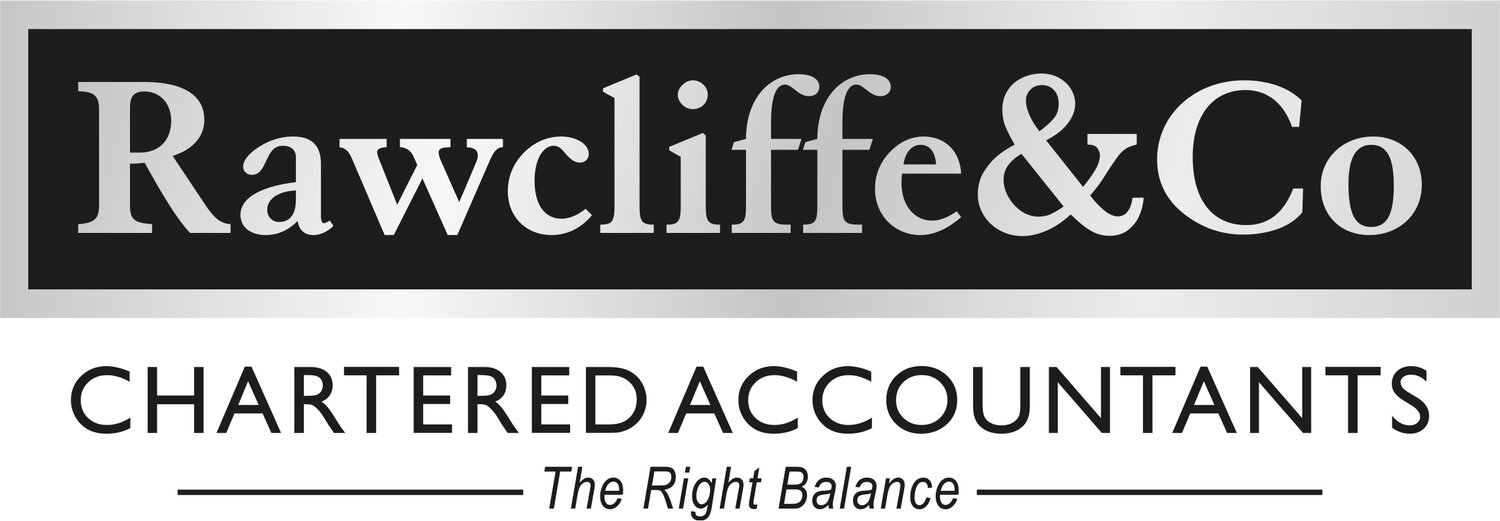HMRC Challenging A Marketed School Fees Plan
HMRC frequently warn taxpayers that when a tax avoidance scheme looks “too good to be true”, it probably is. They publish “Spotlights” on their website to alert taxpayers of schemes being marketed by promoters that are under scrutiny, and, in their opinion, do not work. Tax avoidance schemes need to be notified to HMRC under the Disclosure of Tax Avoidance Schemes (DOTAS) rules, normally by the scheme promoter. HMRC then issue a DOTAS scheme reference number (SRN). This does not mean that the scheme is HMRC approved, although some promoters claim this in their marketing literature.
If taxpayers have used the scheme and received the SRN from a promoter or supplier, they must tell HMRC that they have used the scheme, usually when submitting a tax return.
The school fees plan that HMRC are challenging broadly involves the grandparents of the children investing in the parents’ company at an undervalue, and then transferring those shares to a trust. The company then pays dividends to the trust, which are used to pay the grandchildren’s school or university fees. It is argued that the payments from the trust are the children’s income and takes advantage of their £12,570 personal allowance and lower tax rates. HMRC contend that the arrangements are a “settlement” by the parents and, as such, the payments should be taxed on them at their rates of tax.
Not all school fees plans are tax avoidance schemes. Please contact us if you are approached to implement a scheme similar to that outlined above.

